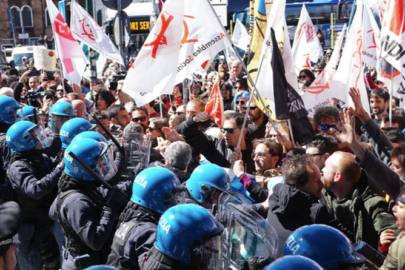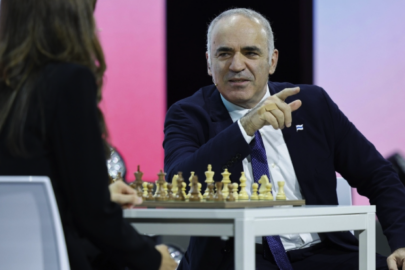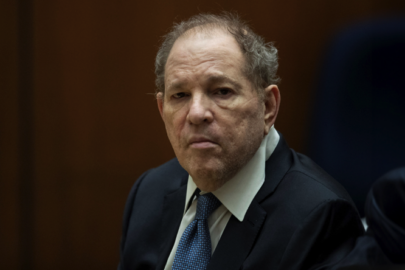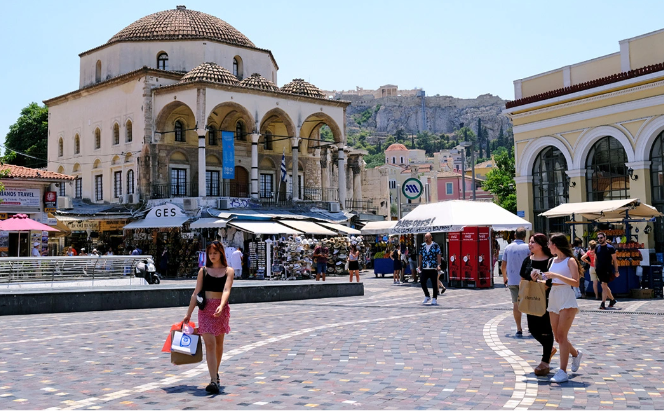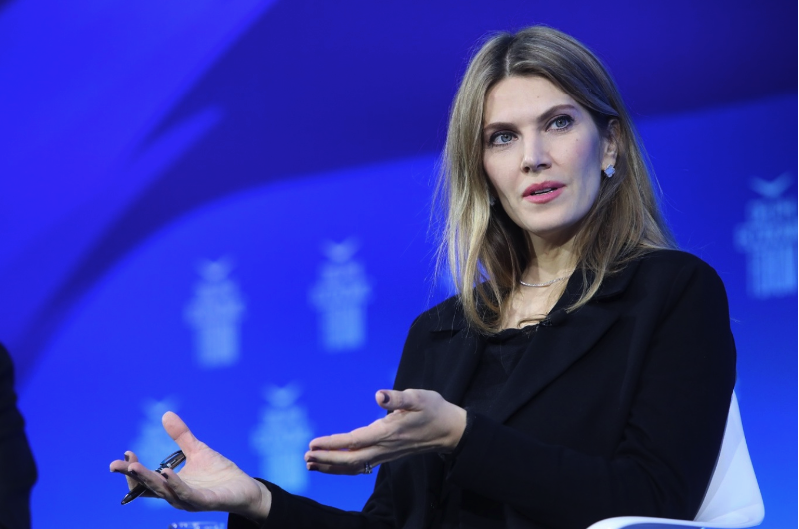A woman from Australia who grew up with two lesbian mothers and no father figure has spoken about her experience and why same sex marriage isn’t good for children.
Millie Fontana, 24, spoke to hundreds of people at the Australian Christian Lobby in 2015, when she gave details of her life as a “donor conceived child.” The video of the speech has begun to circulate on social media ahead of the postal vote on same-sex marriage in Australia.
In the 13-minute speech, Fontana claimed her testimony was “unheard of because nobody wants to hear about the other side of the rainbow.”
“The side that is not catered for, that don’t grow up happy and grow up with a dissenting idea of what a family structure should be,” she continued.
According to Fontana, she wanted a father at a young age, even when she couldn’t “articulate what a father was.”
“I knew that I loved both of my parents but I could not place my finger on what it is I was missing inside myself,” she said. “When I hit school I started to realize through observing other children and their loving bonds with their fathers that I really was missing out on something special.”
“I was lied to throughout school, I was told that I didn’t have a father or that perhaps they didn’t know who he was,” she explained. “When they chose what parts of my identity were acceptable to reveal to me, they took something from me and where other children were able to look in the mirror and reconcile those missing parts and say I love my mothers or my fathers, I could not because in my eyes who were my parents to decide what parts of me were acceptable to reveal to me.”
Fontana, who has campaigned in support of the plebiscite on same-sex marriage, says “Rainbow families,” must be held accountable for how the family is created.
“This is my main issue with the gay community right now,” she said during an episode of ABC’s “You Can’t Ask That,” earlier this year.
One of Fontana’s mothers was high school friends with the father. According to Fontana, her father was open to a relationship with her and her two brothers, “But it was strongly insinuated that we were fatherless.”
Fontana has said in previous interviews the first time she felt “stable” in her adolescence was when she met her father when she was 11.
“When I was a young kid, I didn’t really want to bring people into my world,” she said on You Can’t Ask That. “Having that understanding of who my father was would have benefited me to go into things like school…more confidently.”
“I would spend an almost unhealthy amount of time at their houses because I was fascinated by the heterosexual family structure,” she explained.
“I couldn’t replace my actual father,” she said before adding “It was still obvious to me there was quite a lot missing.”
Fontana described her father having an “air of graceful masculinity about him,” when they first met. She also explained that she finally knew who she was and she knew her heritage.
In the past, Fontana has said there are “serious consequences,” for children that are “denied access to their biological parents.”
“We [children of same-sex couples] want our mothers and fathers,” she said. “I don’t understand why society is so fiercely rejecting such a natural concept that is acceptable in every other family structure.”
Watch Fontana’s speech in the video below.


